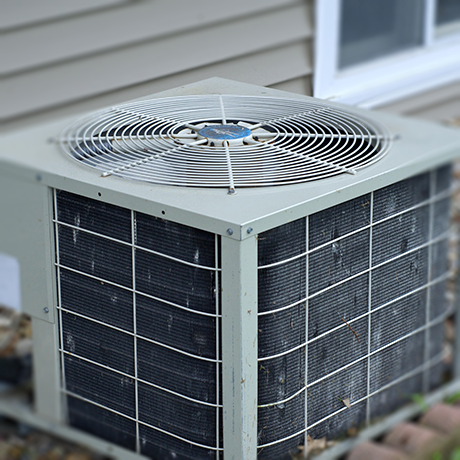
Since air conditioners are in high demand during the summer they are typically more expensive. The time to buy is during the off season months when manufacturers commonly offer discounts and rebates. But before choosing an air conditioner you need to take a few things into consideration. Here are some important tips on buying an air conditioner:
Today there are a wide variety of air conditioners to choose from. The four basic types are Central units, Split or Ductless, Portable and Window units.
Central units: This cooling system is the quietest and usually the best performing. However, it needs to be sized appropriately for your home. If it is sized to big then it will have performance issues like short cycling or will not adequately dehumidify.
Split or Ductless: This system is generally designed for apartments, motels, hotels and large homes. The split system is divided into two terminal units: an outdoor condenser and an indoor air-control unit. The main advantages this type of unit is the small size and flexibility for heating and cooling individual rooms.
Portable units: These units are designed to be versatile and portable. They are perfect for woodless spaces and can be moved from one room to another. They are comprised of a self-contained air cooling unit that is positioned on the floor inside a room. The unit releases exhaust heat using a hose vent through an exterior wall. Although the portable unit is very cost effective, they tend to be rather noisy.
Window units: The Window or unitary system is a self-contained unit that is located in a window or through a hole in an exterior wall. These units are the most popular air conditioners because of the easy installation. The system fits in a window and vents the heat outside.
Room size is one of the most important dynamics on determining the size of air conditioner you need. The capacity of an air conditioner is measured in units (BTUs). Window units can supply 3,000 BTUs, while a Split or Ductless can exceed 20,000 BTUs. Other factors to consider are:
The Energy Efficiency Ratio rating (EER) measures energy efficiency. The EER is the ratio of output cooling energy (in BTUs) to electrical input energy. A higher EER rating indicates a more efficient air conditioner. Therefore it is critical to choose the appropriate sized unit for your needs. Keep in mind that old units are more expensive to run. First identify the unit that is capable of sufficiently cooling the area. Next, purchase a unit with the lowest BTU capacity and the highest EER rating. Oftentimes an air conditioning specialist can help you with the BTU calculations and EER ratings.
Phone: 1300 672 235
Operating Hour:
9:00am to 5:30pm (Mon-Fri)
Service areas - Suburbs
Email: subcool@bigpond.net.au
Optimized by NetwizardSEO.com.au